News
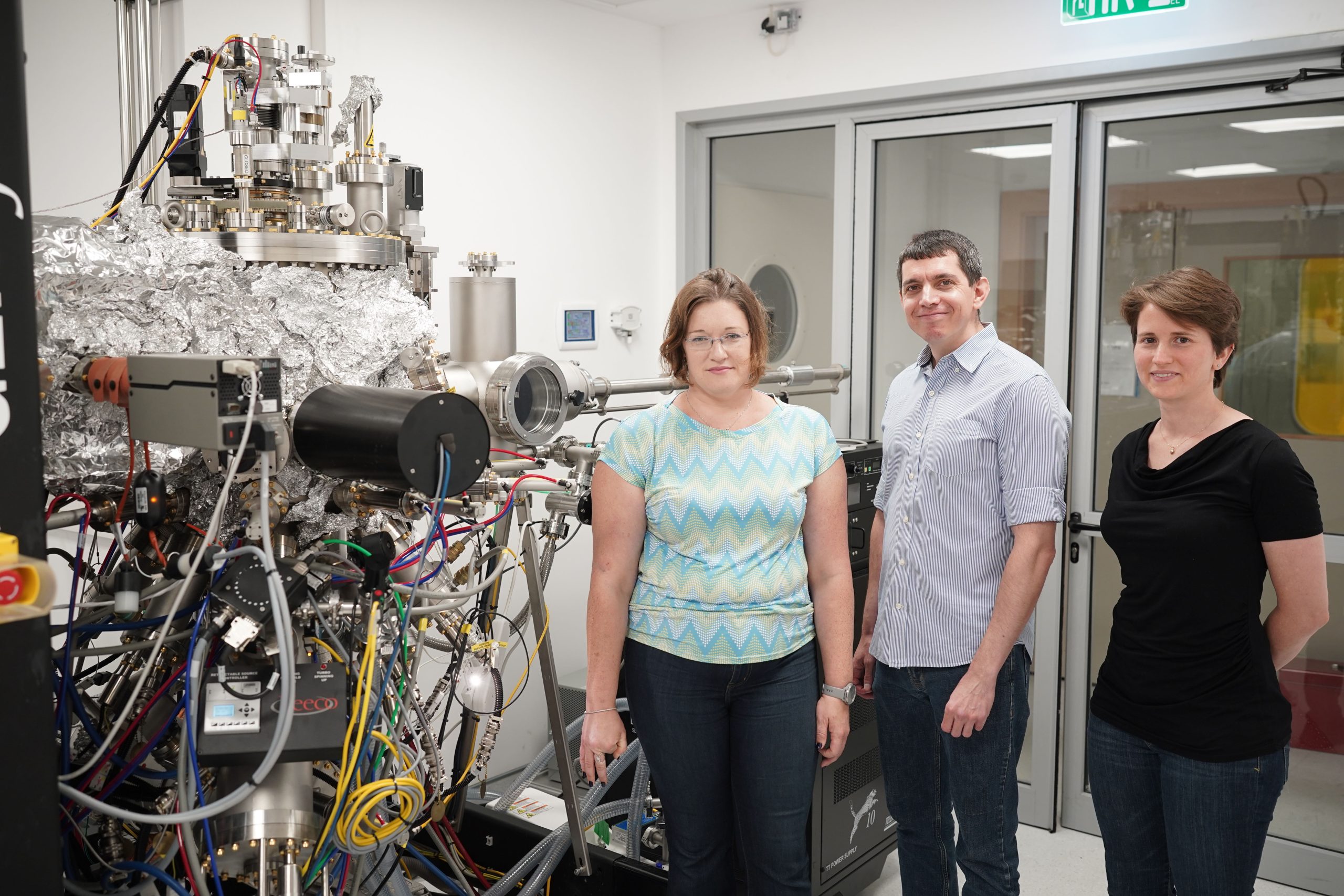
17 Aug 2023
The Materials of Future Transistors
Researchers in the Andrew and Erna Viterbi Faculty of Electrical and Computer Engineering have demonstrated control over an emerging material, which they consider as a possible future alternative to silicon in microelectronics. This is a timely development, because scientists and engineers face challenges in continuing the transistor shrinking trend, an important driver of computer chip performance.
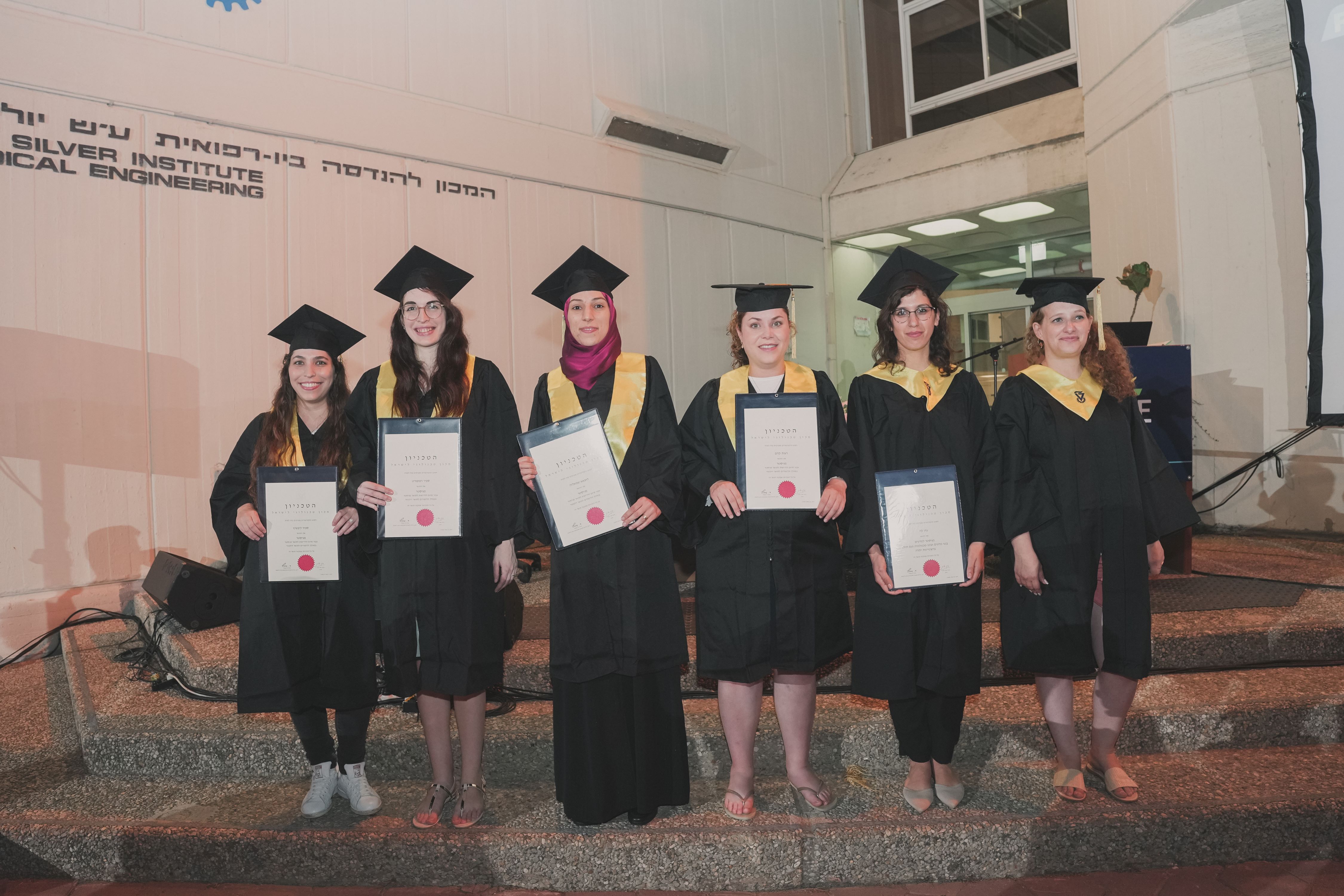
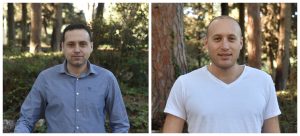
31 Mar 2022
Technology developed at the Andrew and Erna Viterbi Faculty of Electrical and Computer Engineering will allow the miniaturization of ultrasound transducers, thereby improving their resolution
ew technology that allows for very high-resolution medical imaging (close to 10 µm) is expected to lead to the development of tiny and effective ultrasound systems and other medical applications. The innovative technology, SPADE, is based on research led by Professor Amir Rosenthal and Ph.D. student Yoav Hazan of the Andrew and Erna Viterbi Faculty of Electrical and Computer Engineering at the Technion-Israel Institute of Technology. Their findings were published in Nature Communications.
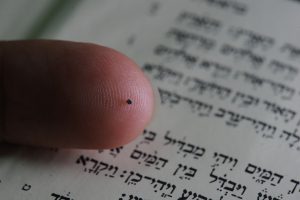
20 Mar 2022
From the Technion to Space
At the end of March, Israeli astronaut Eytan Stibbe will set off for the International Space Station as a member of the Ax-1 crew and as part of the Rakia mission. Stibbe will take with him the Nano Bible - developed and produced at the Technion - and don
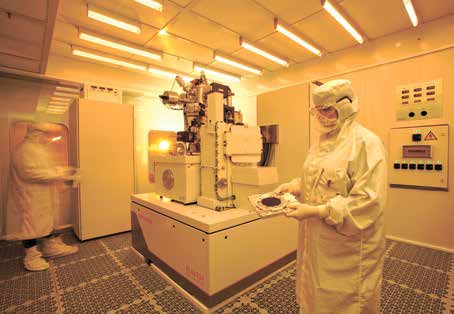
02 Feb 2022
המטרה - לרתום את ההישגים המדעיים בתחום הננו ליישומים תעשייתיים שיתרמו לכלכלת ישראל
An article published in the "The Marker" addendum, of the "Ha'aretz" newspaper
for the full article-click here
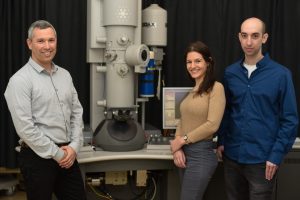
17 Jan 2022
Self-Repairing Electronics are on the Way
"From the Terminator to Spiderman’s suit, self-repairing robots and devices abound in sci-fi movies. In reality, though, wear and tear reduce the effectiveness of electronic devices until they need to be replaced. What if the cracked screen of your mobile phone could heal itself overnight? Or, if the solar panels providing energy to satellites could self repair the damage caused by micro-meteorites?"
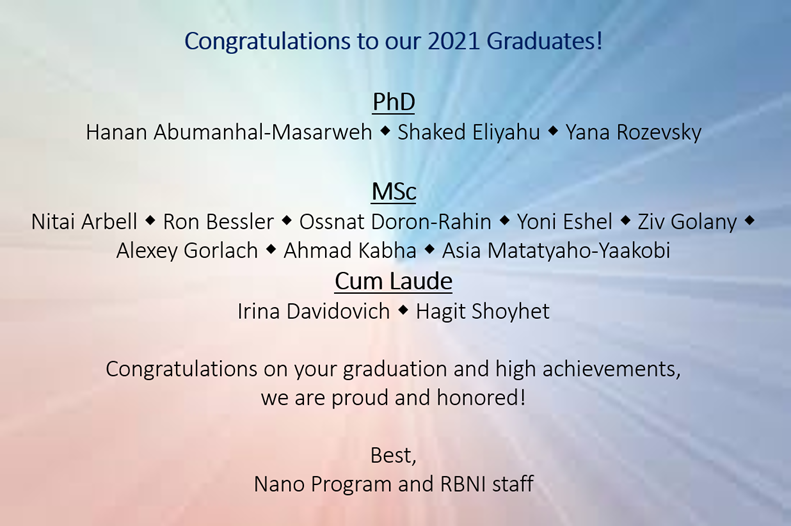
07 Jun 2021
Congratulations to our 2021 Graduates
Congratulations to our 2021 Graduates!
PhD
Hanan Abumanhal-Masarweh
Shaked Eliyahu
Yana Rozevsky
MSc
Nitai Arbell
Ron Bessler
Ossnat Doron-Rahin
Yoni Eshel
Ziv Golany
Alexey Gorlach
Ahmad Kabha
Asia Matatyaho-Yaakobi
Cum Laude
Irina Davidovich
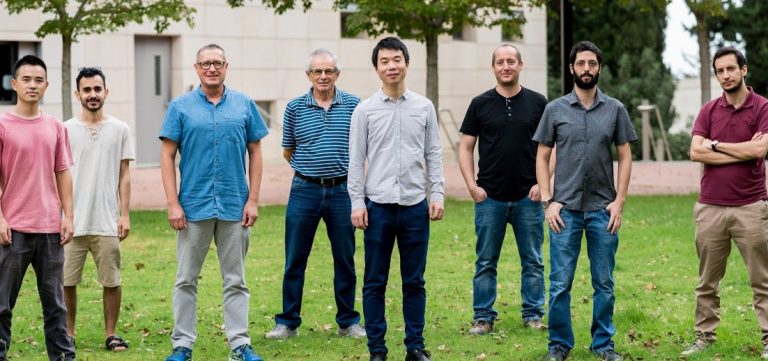
16 Nov 2020
Spin-optics on an Atomic Scale: Chips of the Future
Technion researchers develop a smart light source based on a single atomic layer of matter.
The achievement provides a platform for the development of new quantum applications for computing and communication.
Researchers at the Technion – Israel Institute of Technology have developed a new light source based on a single atomic layer. The discovery is based on the interaction of a single atomic layer with nano-antenna arrays in a silicon chip by creating defects in photonic crystals.
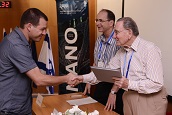
The Norman Seiden Multidisciplinary Graduate Program in Nanoscience and Nanotechnology offers programs leading to Master and Doctor Degrees.
The program for the Master degree is a Master of Science in Nanoscience and Nanotechnology.
For further information on the RBNI Gradute program Click here
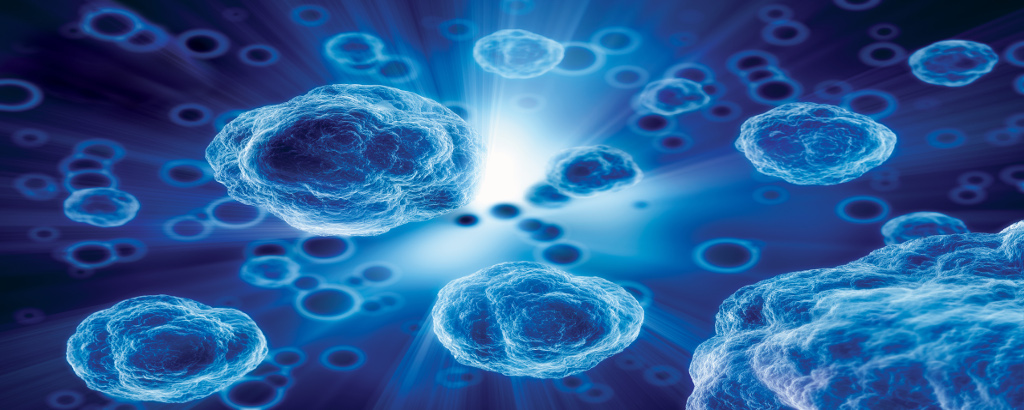
Supported by the Russell Berrie Foundation, the Government of Israel through TELEM, and Technion, RBNI was inaugurated in 2005 and aims at positioning the Technion and the State of Israel at the forefront of global Nanotechnology research and development.
30 Oct 2015
Breathe Easy - Lung model to study particle inhalation and deposition
Technion researchers, led by principal investigator Prof. Josué Sznitman of the Faculty of Biomedical Engineering, designed an in vitro platform for studying the dynamics of inhaled particles and ensuing deposition patterns inside pulmonary acini.
Using microfluidic technology, they have constructed a true-scale pulmonary acinar model that allows - for the first time - direct time-resolved observation of airborne particle trajectories and mapping detailed deposition locations of aerosols.
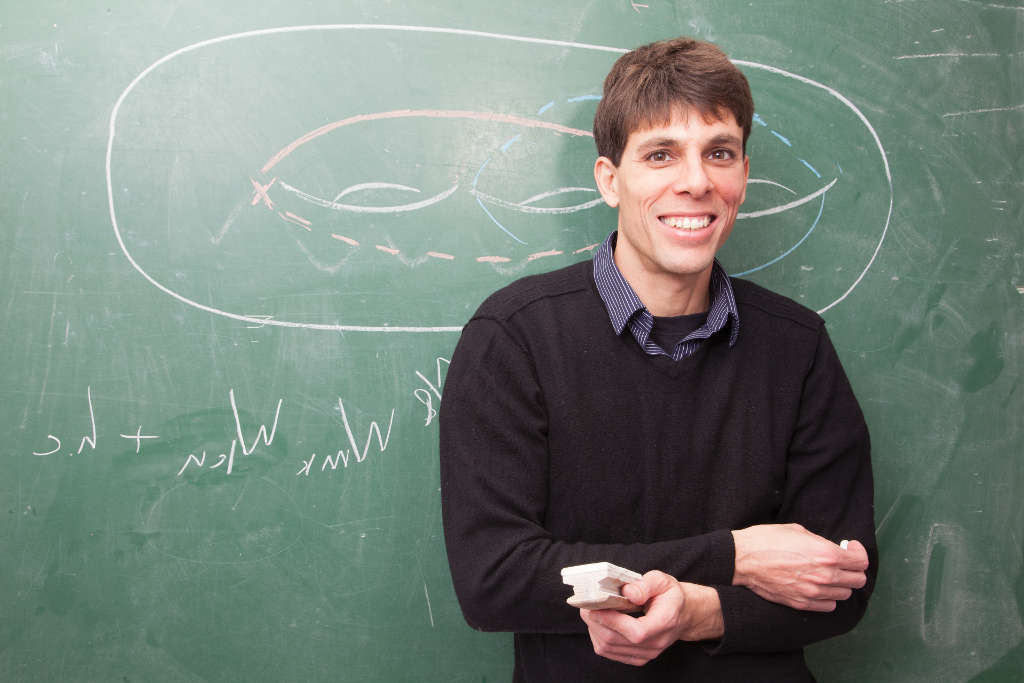
So what is Quantum anyway?
Quantum is the Latin word for amount and, in modern understanding, means the smallest possible discrete unit of any physical property, such as energy or matter.
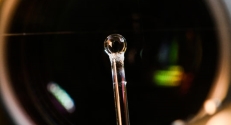
23 Jul 2018
Unique Optic Isolator Developed at Technion
Researchers at Israel’s Technion have created a mechanical way to make light go one way (and one way only) at nanoscales. It’s the first of its kind optical “isolator,” which might prove useful in quantum computing and optical computing, where you want to precisely control the direction and “size” of the light signals that move from chip to chip and carry the information of the computational process.
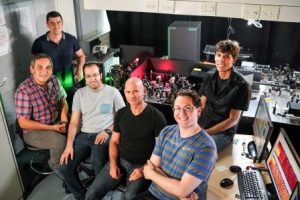
23 Jul 2018
אופטיקה חדשה
חוקרים בטכניון יצרו מערכת אופטית חדשה: "קיפודי אור" ננומטריים הסוללים דרך ליישומים חדשים בעיבוד מידע, בהעברתו ובאחסונו. המערכת צפויה להוביל לגילוי מגוון תופעות אופטיות חדשות
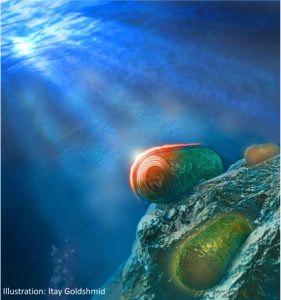
10 Jul 2018
Generating Energy From Bacteria

10 Jul 2018
Nano Targeting of Plant Nutrients
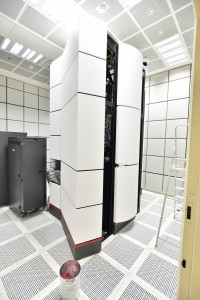
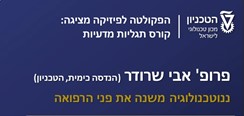
09 Jul 2023
Elephants, cancer and Nanotechnology-are they connected?
Could we insert chips into Covid19 vaccines?
a filmed lecture (26.06.23) given as part of the a Technion course: "scientific discoveries" (114010-11)
07 Jun 2021
Technion researchers say it might improve the effectiveness of anti-cancer therapies
Can Baking Soda Help in the Fight Against Cancer?
The researcher behind this discovery is Hanan Abumanhal Masarweh of the Technion’s Russell Berrie Nanotechnology Institute, who received her Ph.D. from the Technion for her research under the supervision of Prof. Avi Schroeder of the Wolfson Faculty of Chemical Engineering.
Click on the link to find out

27 Jun 2019
In Memory of Mr. Norman Seiden
Norman Seiden was a giant leader who dedicated much of his life to Technion and was instrumental in numerous achievements of our university.
His vision and support led to transformational changes which have major national and international impacts. Prime examples are the Barbara and Norman Seiden Optoelectronics Center established in 1989, which paved the way to the Russell Berrie Nanotechnology Institute, the largest and most influential research entity at the Technion.
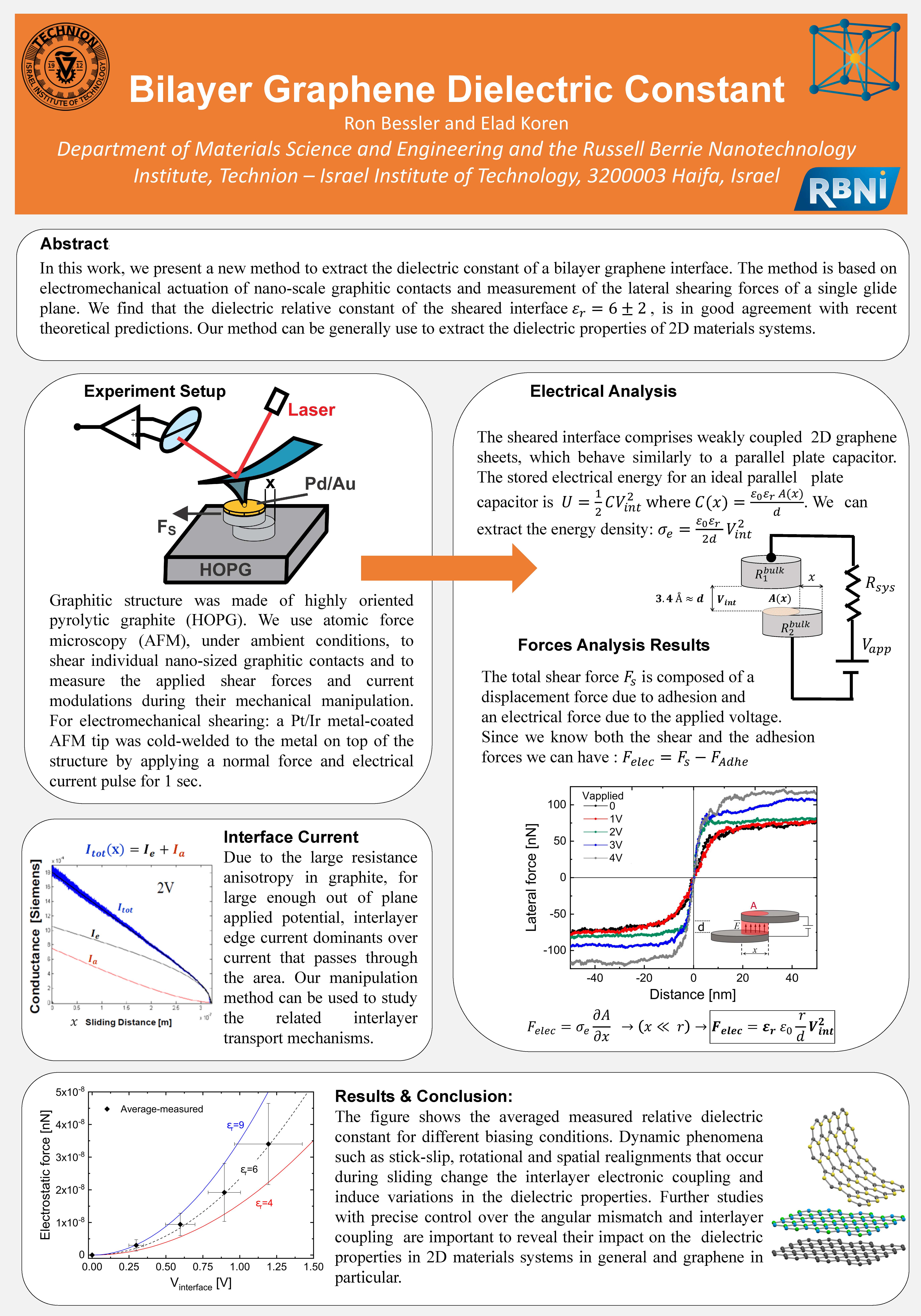
16 Jan 2019
Congratulations to the Nano Graduate Program students for their achievments in the Jacobs Graduate research day
The Irwin and Joan Jacobs Graduate School held the Jacobs Graduate Research Day, where posters that were chosen as excellent in the departmental research days, were presented by the graduate students from the different Faculties and programs.
Congratulations to the three students, from the The Norman Seiden Multidisciplinary Graduate Program in Nanoscience and Nanotechnology , who won the following prizes:
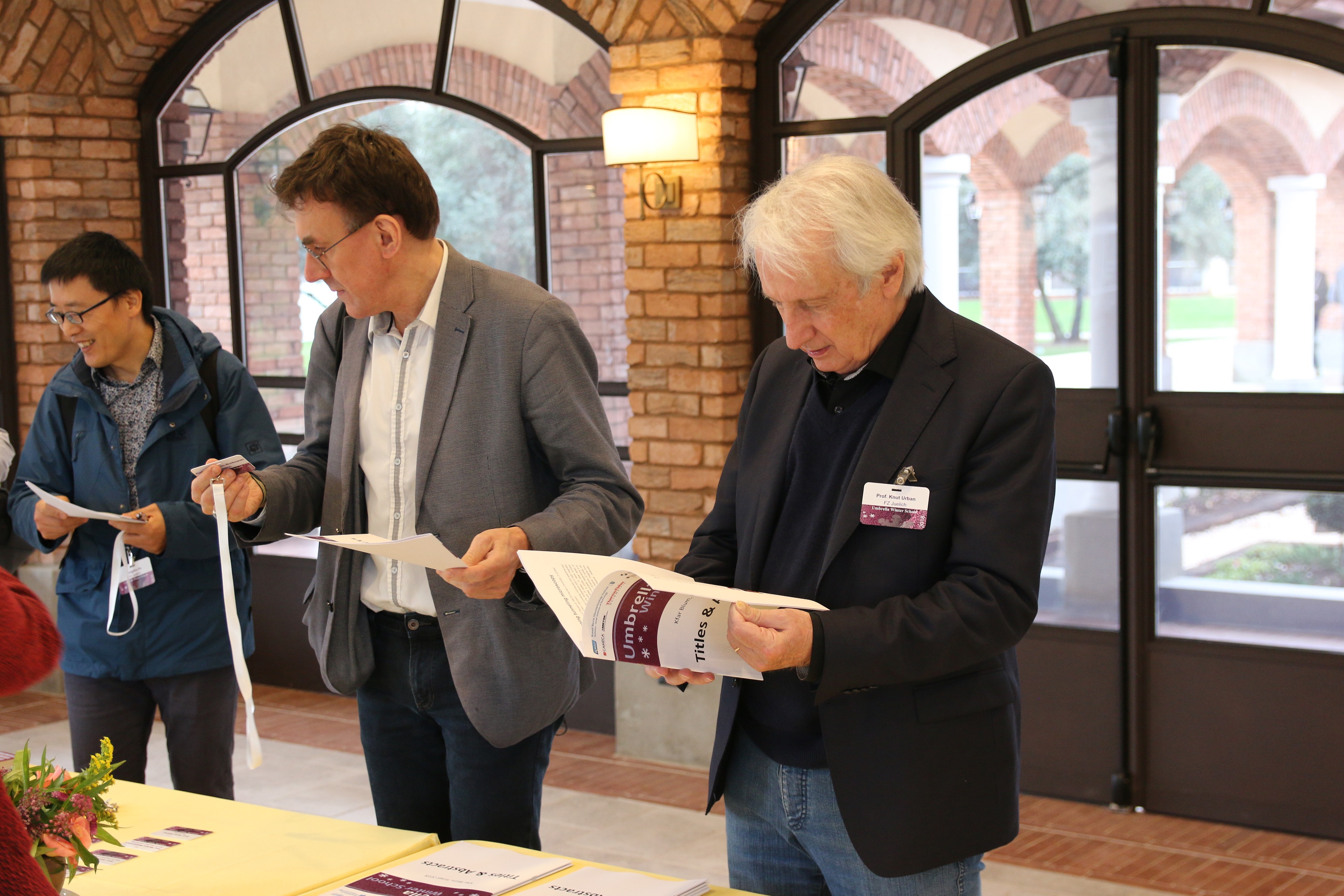
09 Dec 2018
Umbrella Winter School 2018
The Technion – Israel Institute of Technology together with two German institutions, RWTH Aachen University, and the Jülich Research Center, collaborated in a joint Umbrella Winter School in Kfar Blum in the North of Israel on December 9-13.
Pictures on the RBNI Facebook page
School Video Clip
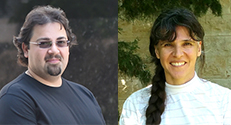
10 Jul 2018
מערך ההגנה החלבוני
17 Aug 2017
A Quantum Leap
08 Aug 2016
New joint Nevet research
Research Abstract - A joint Nevet project by Asst. Prof. Moran Bercovici and
Assoc. Prof. Ester Segal
Nanostructured porous silicon (PSi) is a promising material for the label-free detection of biomolecules, but it currently suffers from limited applicability due to poor sensitivity, typically in micromolar range.
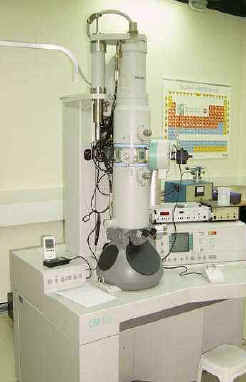
120 young researchers from 12 countries visited the Technion for a unique workshop on electron microscopy.
The electron microscopy workshop attracted young people from all the universities in Israel and from 11 European countries.
Supported by the Russell Berrie Foundation, the Government of Israel through TELEM, and Technion, RBNI was inaugurated in 2005 and aims at positioning the Technion and the State of Israel at the forefront of global Nanotechnology research and development.
RBNI continues the historic role of Technion in shaping Israel's technological agenda, including visionary investments in aerospace research and development, microelectronics, optoelectronics, and materials science.

